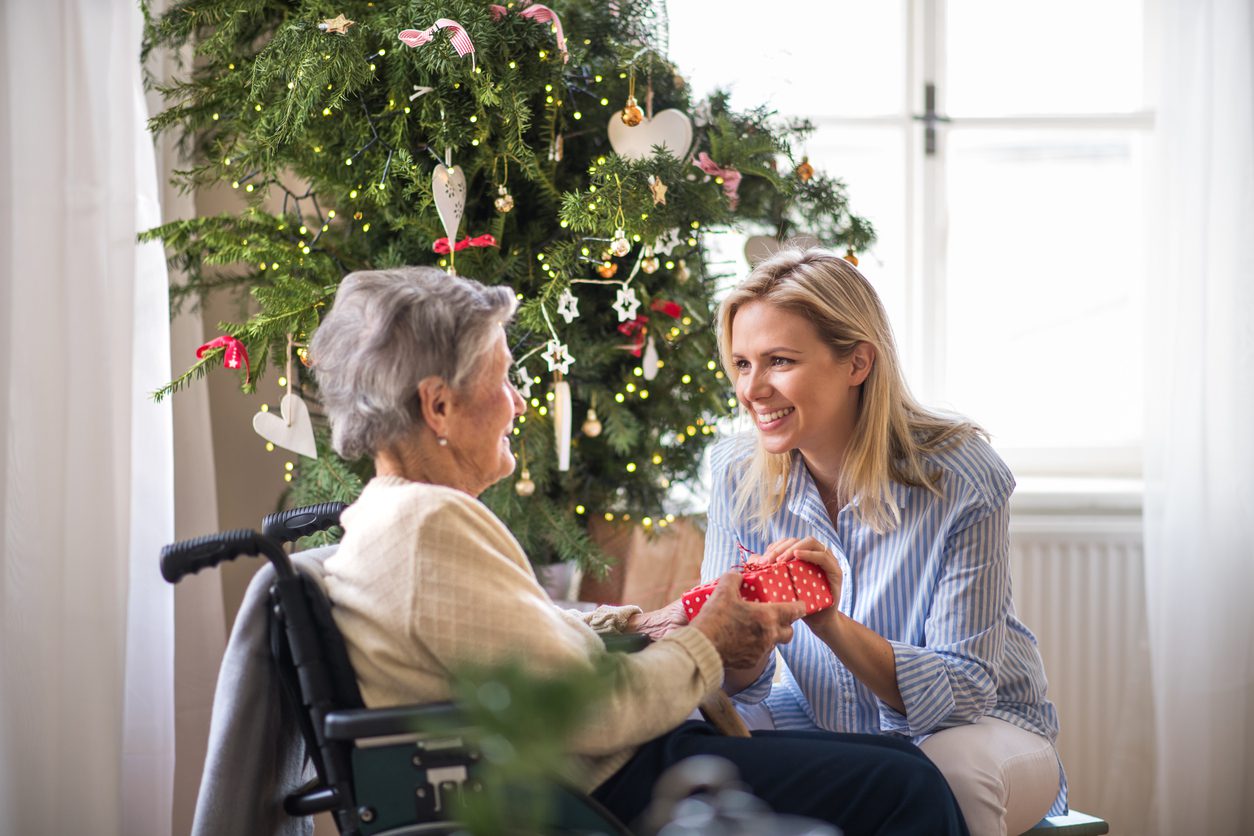Juliet Middleton, CEO of LiveBig, says, “Over the Christmas break, as businesses temporarily close their doors, clients with disabilities experience a shift in their usual support routines. Allied health clinicians typically recommend exercises and activities to sustain engagement during this period, but the absence of face-to-face appointments can heighten the sense of isolation. Furthermore, with family and friends often away for the holiday season, individuals who typically rely on their presence may encounter intensified negative emotions and an increased loneliness.”
“It’s also essential for caregivers to take time for themselves and plan for self-care during this busy season. Ensuring that everyone gets the rest they need is of utmost importance.”
To help manage these challenges, Juliet Middleton suggests, “Think of self-care as putting on your own oxygen mask first before helping others. Just as it’s essential for your safety on an aeroplane, it’s equally important in life. You can’t provide care and support to other people if you neglect your own health and well-being.
LiveBig offers some self-care tips to help people with disabilities, their families and caregivers during the holiday season.
Self-Care is Vital: Self-care is not a luxury; it’s essential for people with disabilities and their caregivers. Engaging in intentional self-care enhances overall health and well-being, preventing stress and anxiety, building resilience, alleviating mental health symptoms, and promoting physical health, and improved sleep, ,
Knowledge and Health Literacy: Prioritising self-care starts with knowledge and health literacy. Understand your unique health and well-being needs to have your manual for self-care. This self-discovery journey empowers informed choices, ensuring your well-being is a top priority.
Mental Well-Being Matters: Nurturing your mental health through practices like mindfulness and meditation is as crucial as physical exercise. Taking care of your mind is essential for overall well-being and complements physical self-care practices.
Balanced Nutrition and Wise Choices: Balanced nutrition fuels your body efficiently. Making wise choices, such as avoiding harmful substances and risky situations, plays a significant role in self-care. Maintaining a healthy diet is an essential aspect of self-care. Personal hygiene acts as your protective shield against germs and illnesses.
Practice HALT Daily: Use the HALT acronym to regularly check in with yourself. Ask if you’re Hungry, Angry, Lonely, or Tired. Address these needs accordingly – eat if hungry, find ways to release anger, connect with others if lonely, and rest when tired. It’s a simple but powerful way to ensure your well-being.
Prioritise Focus over Multitasking: Instead of multitasking, focus on one task at a time for efficient performance. Choose your top two priorities daily, set dedicated time, work in intervals, block distractions, manage stress, and practice being in the moment to boost your effectiveness.
Moderate Digital Engagement: In our hyper-connected world, digital engagement can introduce stressors. Embrace moderation by incorporating micro-habits, monitoring screen time, creating screen-free spaces, and considering a digital detox to nurture your well-being.
Establish Boundaries and Empower Yourself: Empower yourself by setting boundaries and learning to say no when necessary. Protect your time and well-being without guilt by learning various ways to communicate your boundaries. While staying connected with friends and family is important, it’s equally vital to listen to your body and know your limits, especially during social gatherings. Plan your schedule in advance to include time for rest and relaxation.
Plan Ahead: When organising transportation, consider accessibility requirements for individuals with disabilities and prebook accessible modes of transportation like taxis. Ensure electric wheelchairs are charged to reduce worries and enhance enjoyment during breaks.
Ms Middleton emphasises, “Self-care doesn’t require a full weekend away but can be as simple as taking five minutes for yourself each day. By nurturing your well-being, you ensure that you can find your joy during the festive season.”
LiveBig is a specialist allied health and assessment services provider for people with disability, including those on a NDIS plan.







